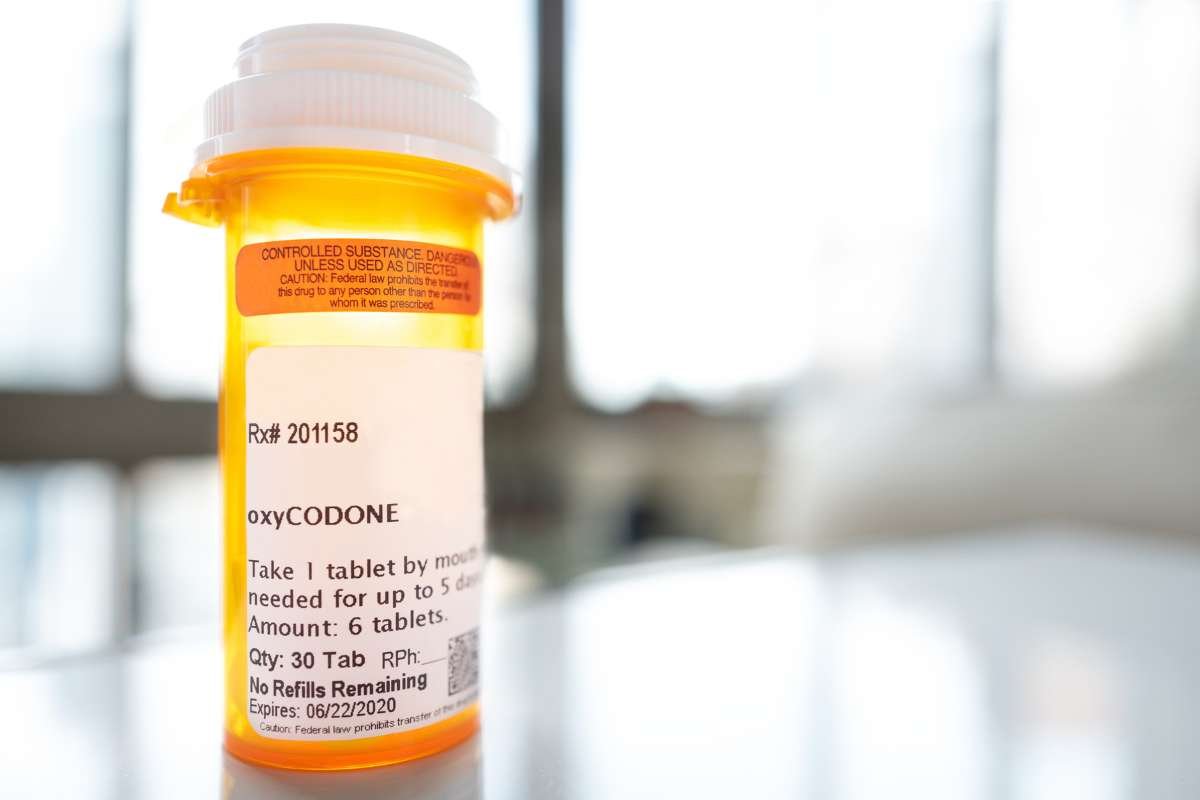Oxycodone is a highly potent opioid pain medication. It is used for managing moderate to severe pain. The drug might be effective in pain relief. However, there is a need to understand the long-term health risks associated with the use of the drug, especially in terms of misuse and abuse.
Understanding Oxycodone
Oxycodone functions by interacting with opioid receptors in the central nervous system. It results in the reduction of pain, but long-term or overdose consumption poses more hazardous health conditions. Besides the dosing, there are risks to health that correspond to chronic consumption of Oxycodone. To determine the scale of these risks, it is important to seek an answer to this question: how long does oxycodone stay in your system? Let’s take a deep dive into the effects of this drug.
Impact of Oxycodone on the Body
1. Physical Dependence and Addiction
Long use of oxycodone creates a complex interaction involving tolerance, physical dependence, and addiction. The drug can be tolerated by the body, but increasingly higher doses have to be taken for the same pain-relieving effect. This is called physical dependence.
Without the drug, the body will then function abnormally and develop withdrawal symptoms when the dosage is stopped or reduced. People get addicted to the drug despite knowing that it results in harmful effects. This cycle of dependency and addiction can be very difficult to overcome, with terrible health and social problems.
2. Respiratory Depression

The greatest danger resulting from the use of oxycodone is respiratory depression. In effect, the drug retards breathing since it works on the central nervous system by depressing the respiratory center found in the brain.
Slow breathing might also be in the form of shallow and hard breathing. It also may cause one to give up breathing, especially if other depressants, such as alcohol or benzodiazepines, have been involved. It then results in the failure of respiratory organs, for which death eventually results.
3. Cardiovascular Problems
The impact of oxycodone on the body extends to cardiovascular health, as its misuse can contribute to various heart conditions. This includes an increased risk of irregular heartbeat, heart attack, and stroke, highlighting the potential dangers associated with improper use.
The mechanisms by which oxycodone impacts the cardiovascular system are unknown, but it may be caused by the disruption of heart rate, blood pressure, and the clotting of blood.
4. Gastrointestinal Disorders
Probably one of the most common side effects, oxycodone causes constipation, particularly through long-term usage. Oxycodone slows down food movements within the intestines. Hence, stooling is made difficult. Severe constipation can lead to gastrointestinal issues such as fecal impaction, hemorrhoids, and even diverticulitis.
5. Cognitive Function Impairment

Significant impacts on the central nervous system that oxycodone causes include cognitive impairments. These damage the memory, attention, and ability to make proper decisions. This further leads to mood disorders such as depression and anxiety. Such side effects may have a huge impact on a person’s quality of life and well-being.
6. Immune Dysfunction
Chronic use of opioids disrupts the immunity of the body. Its users are left open to infections. This weakness in the immune response disables the body to fight off diseases and infections and to heal from injuries and trauma.
7. Organ Damage
Long-term use of oxycodone on the body can lead to serious damage to vital organs, including the liver, kidneys, and lungs. Liver damage may result in severe conditions such as jaundice and critical liver malfunction, significantly impacting overall health.
Kidney damage may lead to low or very low kidney functions. Some experience fluid retention with imbalances of various electrical minerals. Lung damage is caused by respiratory complications, among other diseases, ranging from hard breathing to lung complications.
8. Risk of Overdose

Accidental overdose is the risk of oxycodone use, especially when another depressant is being administered. A person might develop severe respiratory failure and coma, eventually leading to death. One should seek to follow prescriptions strictly in order not to take along with other substances that will be risky for one’s person to overdose.
Conclusion
Seeking professional help is crucial for overcoming addiction to oxycodone. If you’re struggling with the effects of oxycodone on the body, reaching out to a medical expert or considering treatment at a rehab center can make a significant difference. Treatment options like detoxification, medication-assisted therapy, and behavioral therapy can be effective. However, these should always be pursued responsibly and under the supervision of a healthcare provider to minimize the risk of addiction and other adverse effects.


















